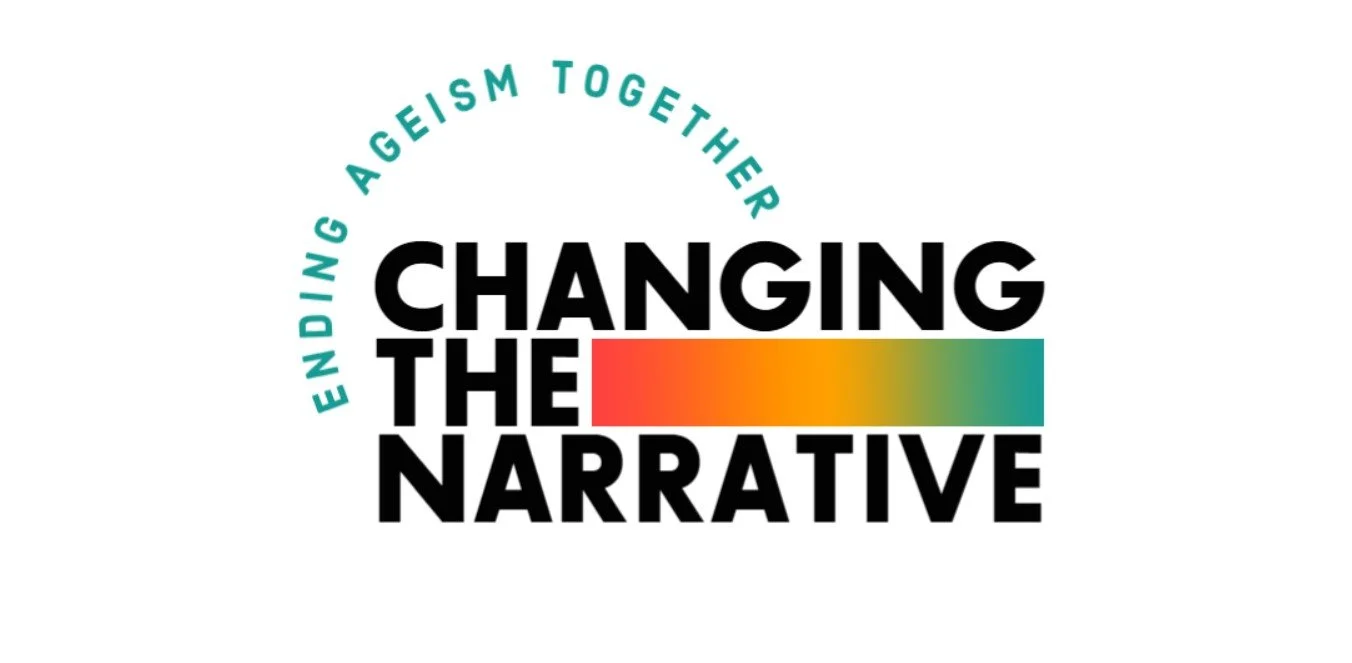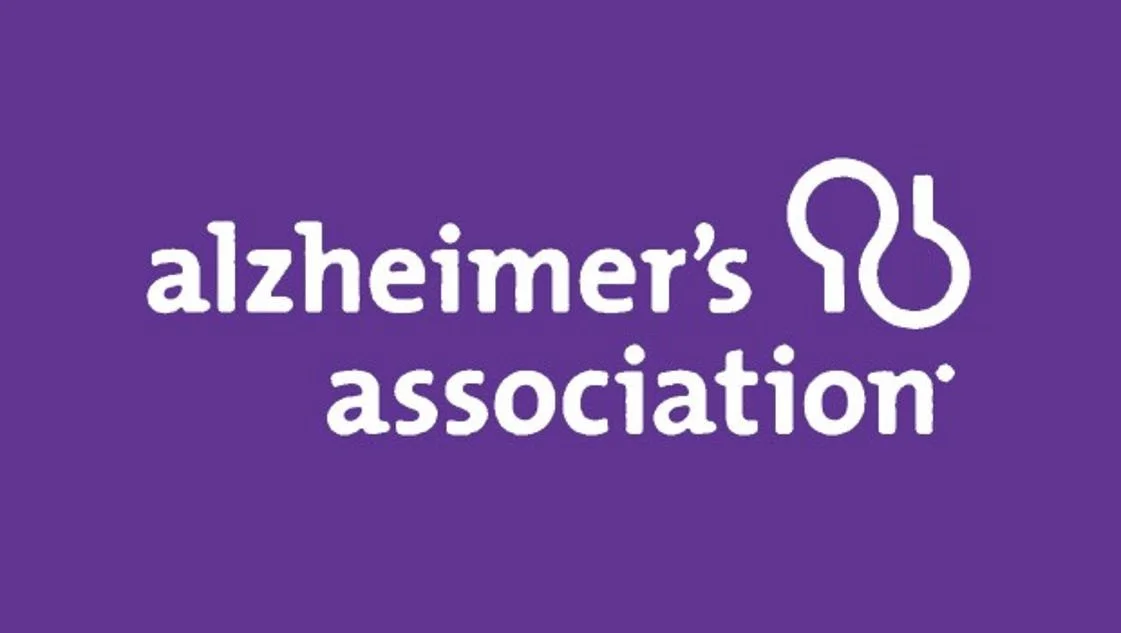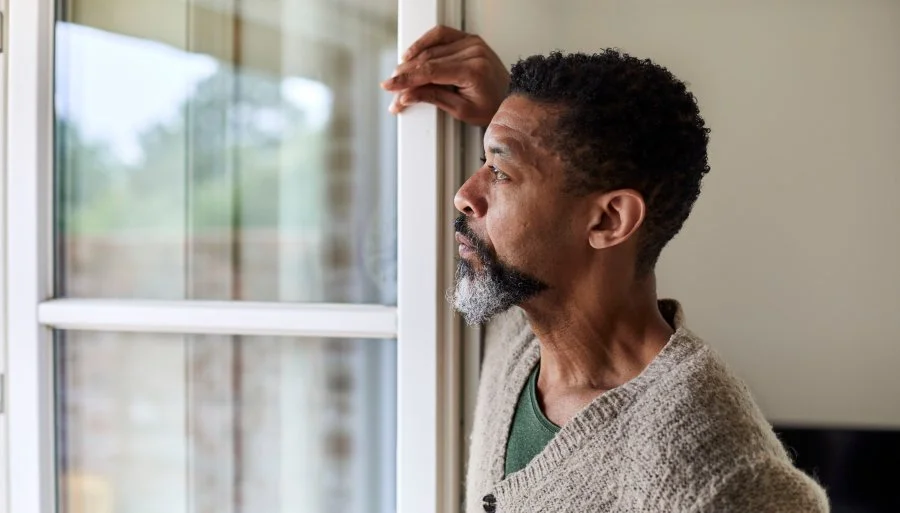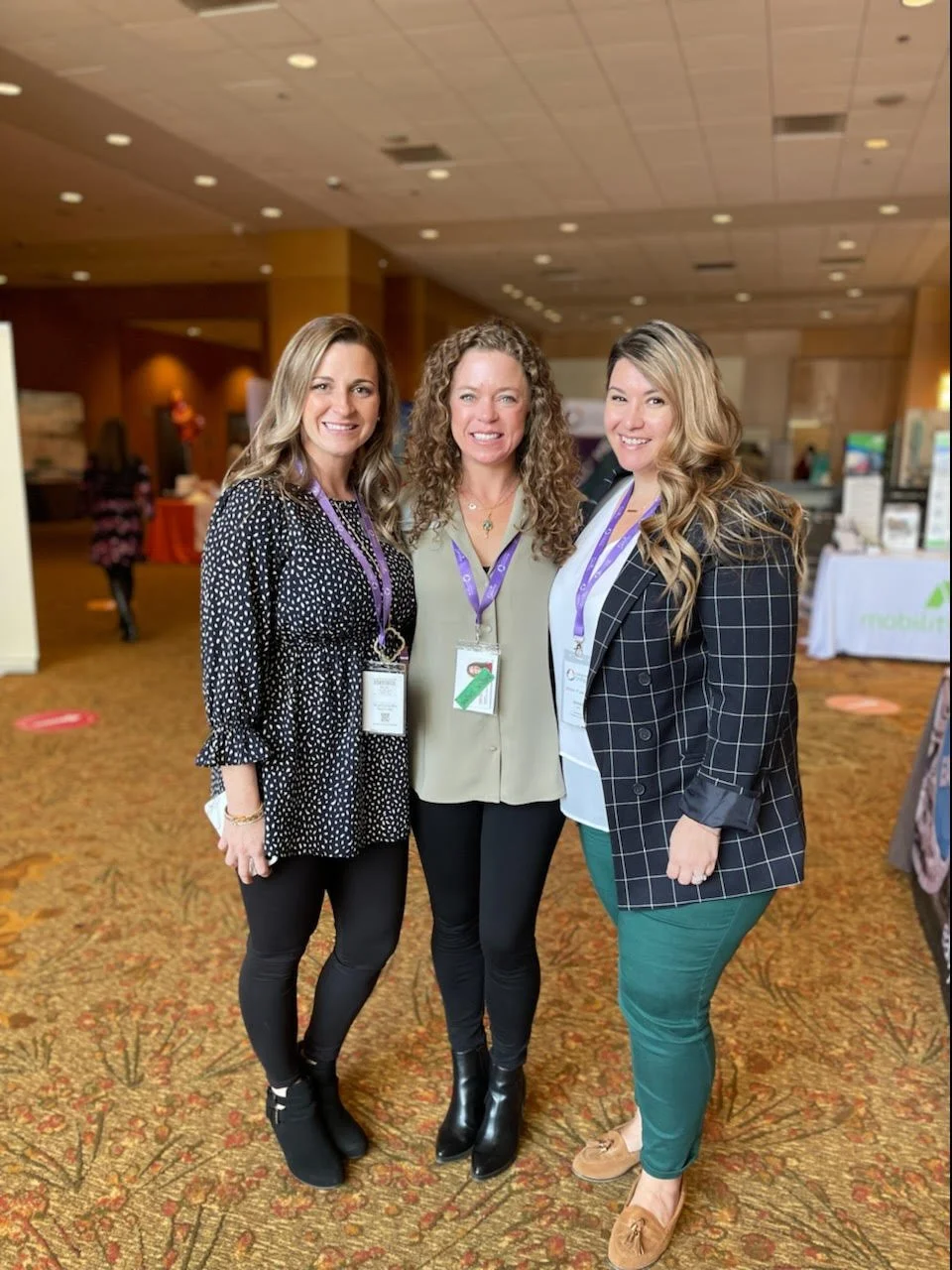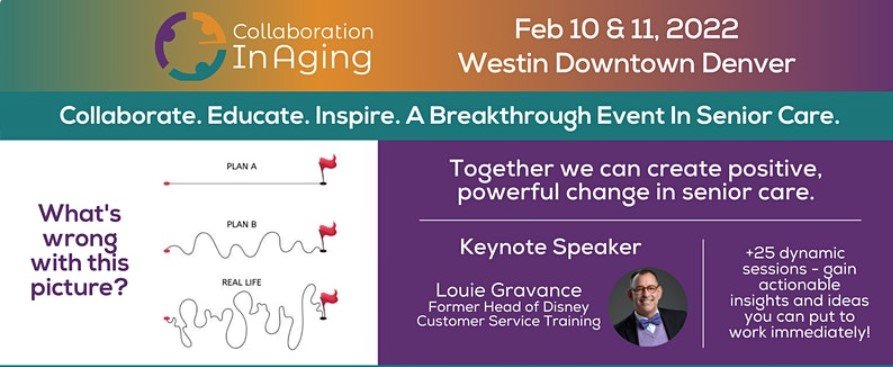I was referred to the family in this story by the home care agency providing for the client. Every attempt was being made to help mom remain at home and as independent as possible. They tried homecare; a respite stay with therapy to get stronger; shuffling Mom in between the 5 siblings' homes on the weekends; having her nephew move into the basement for extra oversight; new medicine to help with sleep and anxiety. Even all these things collectively were not solving the problems with Mom's happiness and safety.
The family hired in-home. Mom constantly refused the person at the door, or called them herself to say "don't bother, I don't need you."
Mom has dementia, she is early in the disease process and still somewhat able to manage her daily affairs, especially in her own mind. She would say, "this is all silly", and refuse all support, often in anger.
While simultaneously, she would go for a walk a few miles up a busy street, with no one in her family knowing it was happening. The client is fiercely independent, has always managed on her own, and the walk she takes she has done for years, why in the heck should she start telling her family where she is going, now. What's hard is, I agree with the client. She is a grown independent woman who should be able to make her own decisions and go on walks, and not have 'these people' in her house all the time!
We have to understand "safety awareness" was the issue here, and safety awareness or 'reasoning' areas of the brain are being damaged by dementia. The client does not comprehend that anything might be wrong with her brain.
Another scary incident involved the client being home, she went out into the yard in the heat of the day when it was over 100 degrees outside to pull weeds. A event like this can be an emergency in minutes from heat exhaustion and exposure. The healthy brain would say, let's wait until the sun isn't so high in the sky, or for a day when it is not 100+ degrees to go pull weeds. Safe decisions were no longer a thought the client had, she just was doing what she wanted, when she wanted to do it.
The nephew that moved in was miserable and moved back home because the client was up all hours of the night, keeping him up.
The medicine didn't work because it made the client suspicious to try a new pill, she already thought her family was trying to trick her.
The trips back and forth from each siblings house started to get confusing, and the client would have more anger and confusion for days after each time away from her familiar surroundings.
The respite stay to get rehab and get a little stronger actually did work. She didn't love the place she was at, but she was calm and accepted the care and help the strangers at the community were offering her. Her family saw she was doing better, and so they decided to bring her back home. Back at home, the above scenarios played out.
The next couple months I met with the family for various interviews, I observed the client in her home interacting with me (a stranger, and she was very kind) and interacting with her homecare (not a stranger, someone she enjoyed many times throughout the day, until it came time to take medicine, no go down the steep stairs to the basement, or bathe.)
I asked each of her children what they saw as the best path forward for mom, and I got a ton of feedback. However, most of the desires lacked common understanding of the disease that is dementia. They all wanted to see Mom stay independent, get better, and live in her home forever. Despite the fact that she had two falls with injuries and surgeries in the last 14 months. Dementia sadly does not "get better" per se, but the symptoms can improve or the progression slowed if treated early enough with the set and setting for the person.
The eldest daughter was the point person for all care and medical appointments, managing homecare, and fielding all the phone calls from both mom and the homecare agency every single time something came up. She was also working full time and had a family of her own. She was exhausted, misunderstood and underappreciated by her siblings, and at her wits end. She was breaking down and crying with little reason, she was not sleeping, and she was feeling a enormous amount of guilt even working with me to consider better options.
My role here was to support the client who's living and care was being considered, support the daughter that hired me to know she was doing the right thing looking for more care, support the homecare agency who was fearful the client had "outgrown" homecare, and educate the remaining siblings on why the situation was urgent because Mom was not going to be able to live the life they envisioned for her at home. All this while doing the research, setting up and attending tours, taking all notes at the tours and creating a deliverable to the family, helping come up with care plan ideas for the most smooth transition as possible by keeping what was important to the clients life now- in her life after her transition: Walks to the grocery store, weeding and planting in her yard, doing the laundry, hosting guests, playing basketball.
Whew! Turns out, I love this part the most, bringing all the pieces to the puzzle together.
Once the family chose a lovely apartment in an outstanding community, the eldest daughter and I mapped out a few daily routines that might support mom and the new community.
The siblings wanted Mom to see the community before moving her in- completely understandable, hard to execute with dementia, but we made it happen! Her middle daughter brought her for an activity, she loved it, then they offered her to stay for lunch- she loved it!
Move in day arrives, all the siblings are all on edge, the eldest daughter gets told by her mom she hates her and never wants to see her again, not uncommon.
Flash forward to 3 months in, 90 days, and I get another follow up call from the eldest daughter... the community reports they have never had a client adjust so quickly. Mom is telling everyone who will listen she is ready to sell her big house because she prefers her new apartment. A neighbor of the client (Mom) for over 50 years, moves in a couple doors down. The immediate neighbor of the client in her new home is a perfect match and they become fast friends (from a person who had not had a friend since the children could remember.) The family is all reporting how nice it is, to do FUN things with mom instead of just taking her to the doctor or trying to convince her it was time for a shower.
The call continued with the eldest telling me the tremendous amount of relief this has brought her to know her Mom is happy, thriving, and in good hands... And then to say 'thank you', and asking me how she can help refer other clients or support others who might be in the same position... She even offered I can give her cell phone out at any time to prospective clients who would like a reference.
This was a process that required a lot of steps, patience, and even endurance for all of us involved, but our efforts were worth it. We all found peace of mind at the end of the transition journey with Mom, the client's happiness at the forefront of all our efforts.
#AskMaintainMe


